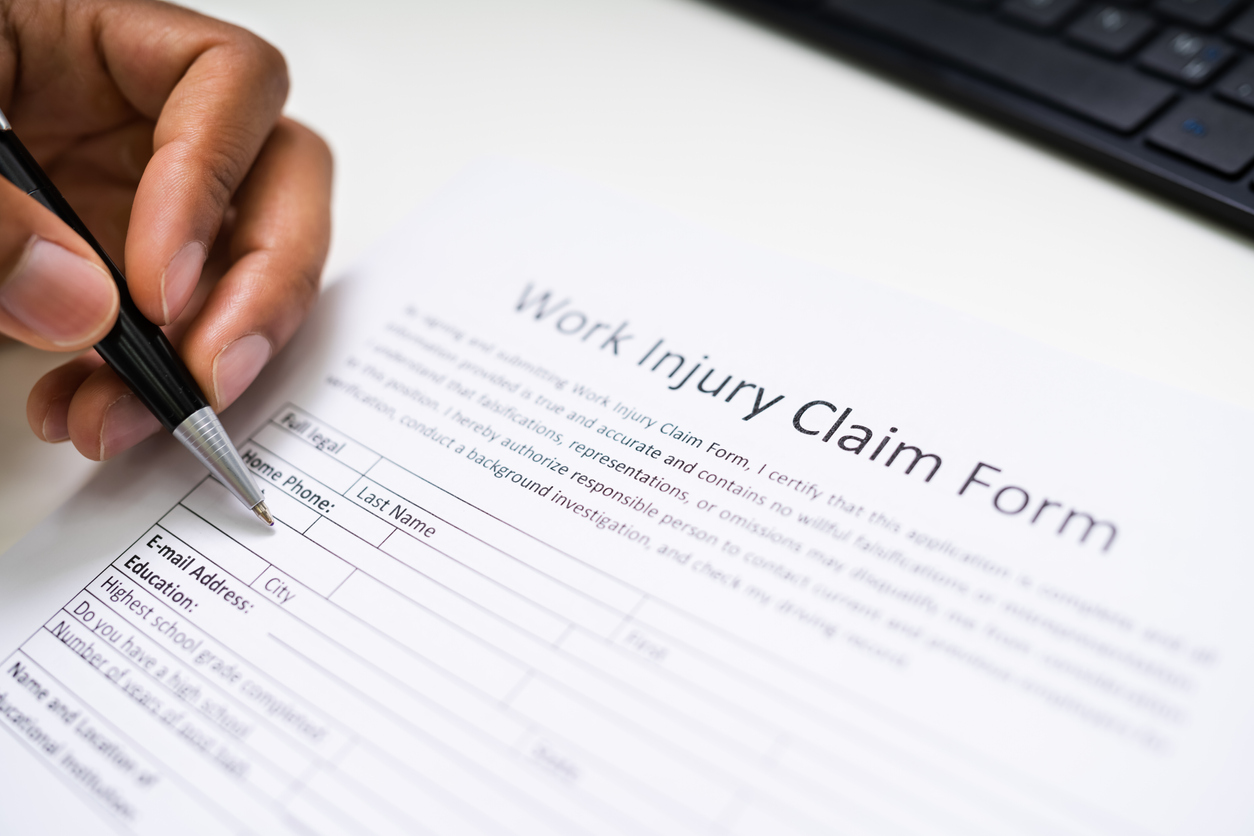Workers’ Comp Exemptions in Florida
Perenich, Caulfield, Avril & Noyes Personal Injury Lawyers | Workers’ Compensation

Workers injured on the job are generally covered by Florida’s workers’ compensation system. Most employers are required to have workers’ compensation insurance. Failing to have worker’s comp insurance could result in fines and criminal charges.
However, some businesses are exempt from workers’ compensation requirements. If you are unsure whether your employer is required to provide workers’ comp benefits, talk with a workers’ compensation lawyer. You may also confirm proof of coverage by using the state workers’ comp database.
Requirements for Workers’ Compensation in Florida
Florida state law requires the following employers to have workers’ compensation coverage:
- Construction companies with at least one employee
- Non-construction companies with at least four part-time and/or full-time employees
- Employees of state or local government
- Agricultural businesses, including farms, which have at least six employees or 12 or more seasonal employees
Workers’ compensation laws protect injured employees. They require employers to provide workers’ comp benefits when a worker is injured on the job or develops an occupational illness.
Can Employers Qualify for a Workers’ Compensation Exemption?
Some employers may qualify for an exemption to maintain worker’s compensation coverage. For example, an officer of a construction corporation can apply for an exemption. Also, a person with at least ten percent ownership in a construction Limited Liability Company (LLC) may apply for a workers’ compensation exemption.
An officer of a non-construction corporation or a Limited Liability Company may also apply for an exemption. The applicants must meet all requirements for workers’ comp exemption.
Can I Sue My Employer if It Does Not Have Workers’ Compensation Insurance Coverage?
Generally, an employee cannot sue their employer for a workplace injury. However, if the employer does not have the required workers’ compensation coverage, the employee could have the right to sue the employer for damages. The lawsuit would be under tort laws.
Personal injury laws provide additional compensation. Workers’ compensation does not pay the employee for all lost wages. It only provides wage benefits covering about 66 2/3 of the employee’s average weekly wages.
However, a personal injury lawsuit against an employee could result in compensation for all past and future lost wages. But that is not the only compensation an employee could receive.
Workers’ comp does not include benefits for a worker’s pain and suffering damages. These non-economic damages could be recovered in a personal injury claim against an employer.
An employee could receive compensation for:
- Physical pain
- Emotional distress
- Diminished quality of life
- Mental anguish
- Loss of quality of life
Additionally, a lawsuit could result in a higher amount for permanent impairments, disfigurement, and disability. Workers’ comp statutes limit the compensation for these damages.
Other Instances That Might Allow Employees to Sue Employers for Accidents
As discussed above, injured employees are typically limited to filing a workers’ comp claim after a workplace accident. However, there are limited situations in which an employee could sue an employer for injuries.
For example, if an employer intentionally injures an employee, the employee might sue under tort laws. An assault is an example of an intentional tort that could result in a workplace lawsuit. You have the burden of proving that your employer knew or should have known the actions could cause injury and continued with the conduct regardless of the potential harm to you.
Employers who knowingly expose their employees to harmful substances and hazardous chemicals could be liable for a negligence claim. However, you would need to prove that your employer knew the substance could cause harm to employees and that the employer exposed you to the substance without warnings or protections.
The employer could be liable for damages if your employer knowingly requires you to use a defective tool or equipment. Also, the manufacturer of the defective product could be liable in a third-party claim.
What Should I Do After a Workplace Injury or Accident in Clearwater?
You have 30 days to notify your employer of the injury. However, it is best to notify your employer immediately after a workplace accident or injury.
Your employer should report your injury to its workers’ compensation carrier within seven days. You should receive information from the worker’s comp insurance company shortly after it receives notice of your claim.
Workers’ compensation covers your medical treatment for a work-related injury. Your employer should provide a list of approved medical providers. If you cannot work because of your injury, you should receive lost time benefits.
You are not required to hire a workers’ compensation lawyer to file a claim. However, you might consider talking to a lawyer about filing a workers’ compensation claim.
Workers’ compensation claims should be straightforward. The law requires employers to cover workplace injuries.
However, insurance companies and employers might fight claims or make the process more complicated than necessary. In those cases, having an experienced workers’ comp attorney fighting for your rights can make a significant difference in the outcome of your case.
Contact the Clearwater Workers’ Compensation Law Firm Of Perenich, Caulfield, Avril & Noyes Personal Injury Lawyers for Help
For more information, please contact the Clearwater and St. Petersburg workers’ compensation law firm of Perenich, Caulfield, Avril & Noyes Personal Injury Lawyers at the nearest location to schedule a free consultation today.
We serve in Pinellas County, and its surrounding areas:
Perenich, Caulfield, Avril & Noyes Personal Injury Lawyers – Clearwater
1875 N Belcher Rd. STE 201,
Clearwater, FL 33765,
United States
24 hours
727-796-8282
Perenich, Caulfield, Avril & Noyes Personal Injury Lawyers – St. Petersburg
2560 1st Ave S,
St. Petersburg, FL 33712,
United States
24 hours
(727) 349-1728
